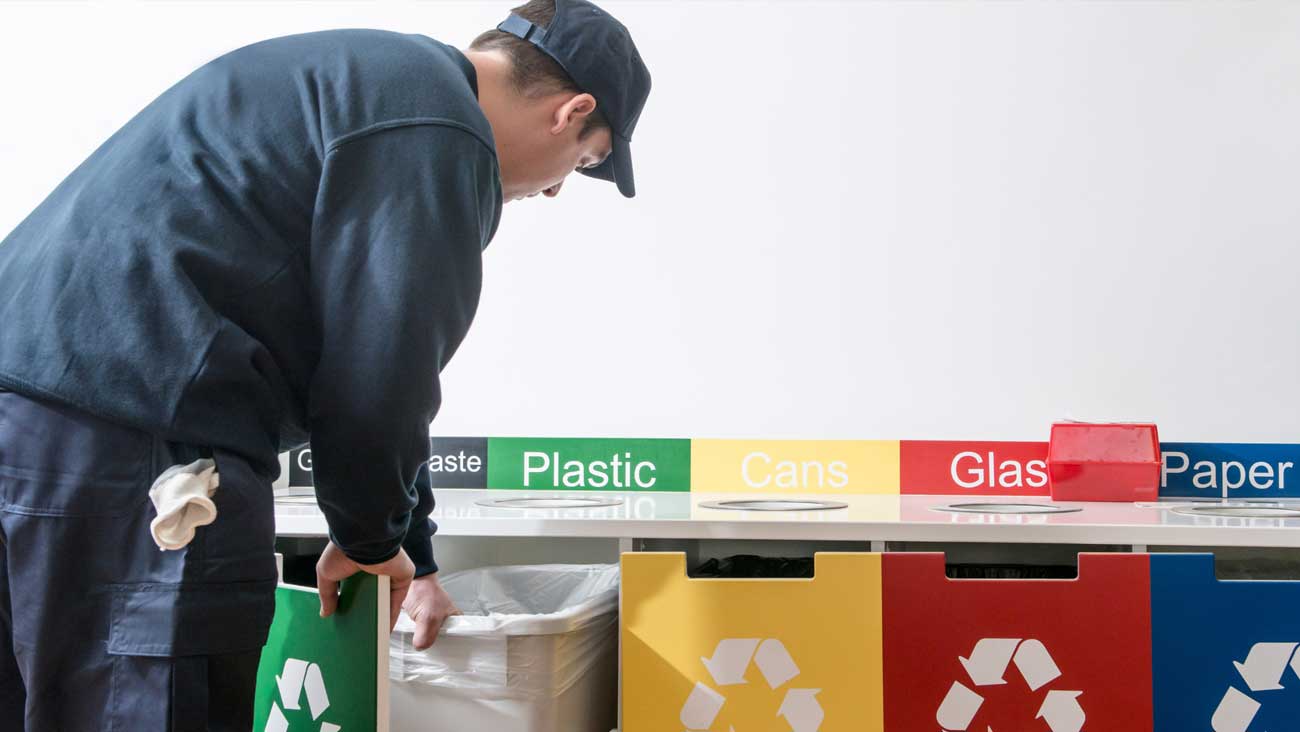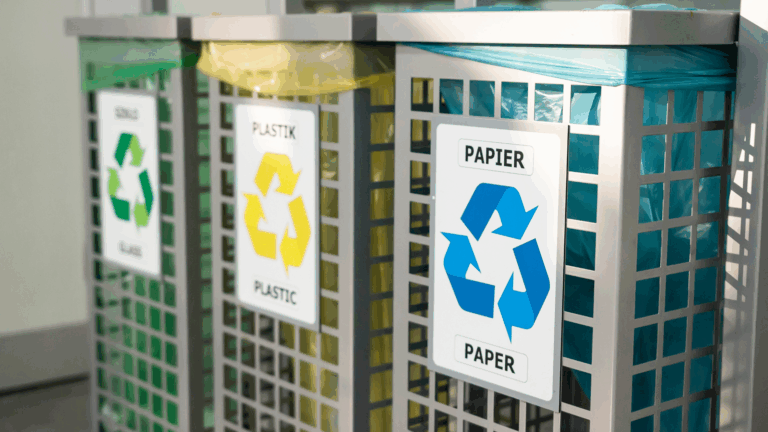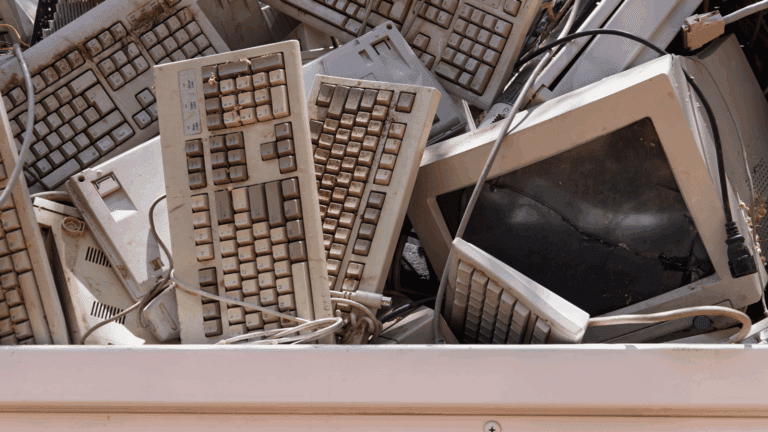
While recycling might not be the most exciting topic for the modern business, it’s definitely one of the most crucial. And in the face of staggering amounts of waste and the ongoing depletion of resources, recycling is now simply a must!
But here’s the thing: traditional recycling methods can only take us so far.
Let’s explore why advances in recycling are key for our future and what they mean for businesses:
The problem with “business as usual”
We’ve all heard the phrase “reduce, reuse, recycle”, which is still absolutely relevant. But today’s challenges present the need to go further. Here’s why:

1. A growing mountain of waste
The volume of waste produced by the UK is in the millions of tonnes. And although recycling rates have hugely improved, too much waste still ends up in landfills or incinerators. It doesn’t come as a shock that plastic waste, in particular, is still a massive issue, with only about 9% of it ever being recycled – and that’s globally.
2. Finite resources are running out
The planet’s resources aren’t infinite, and every time we extract raw materials like metals or rare Earth minerals, we’re depleting what’s left. By recycling, we can contribute to closing the loop by turning waste into new materials instead of constantly digging for more.
3. Climate change is digging its heels
Beyond the amount of space our rubbish takes up, lies another problem – harmful emissions. The waste we send to landfill releases methane, a potent greenhouse gas, which causes extreme damage to the environment. Recycling can reduce these impacts – if we do it right.
How recycling is evolving
Ok, here’s some good news. The way we recycle is improving all the time, and that’s largely due to innovative technologies and forward-thinking policies.
Here’s a closer look at some of the advances driving change:
1. Advanced sorting processes
While we historically spent a lot of time manually picking through waste in order to sort it into recyclable piles, today’s facilities use cutting-edge technologies, such as AI-powered sorting robots and optical sensors to separate materials in a quickly and more efficient way.
2. Chemical recycling
For materials that can’t be recycled traditionally, such as multi-layer plastics or textiles, chemical recycling uses advanced processes to break them down into raw materials so they can be reused again and again.
3. Closed-loop systems
This system allows waste from one industry to become a raw material for another industry. Closed-loop recycling is a great way to keep materials in use for longer – particularly in industries like fashion and construction. It’s a win–win for businesses and the environment.
4. Improved quality of recycled materials
Advances in processing techniques mean materials are now of a higher quality post-recycling, which makes them more versatile for reuse. This inspires more companies to incorporate recycled materials into their products.
What does this mean for businesses?
Environmental responsibility aside, staying ahead of the recycling curve is actually a strategic move for businesses. Adopting smarter processes and embracing ways to reuse waste bring benefits such as cost savings, positive reputation for being an eco-responsible company, and remaining compliant with regulatory requirements – keeping hefty fines and penalties away.

Contact Everflow today!
At Everflow, our goal is to make your utilities simpler. We ensure you get great-value contracts that are tailored to your needs and easy to manage.


